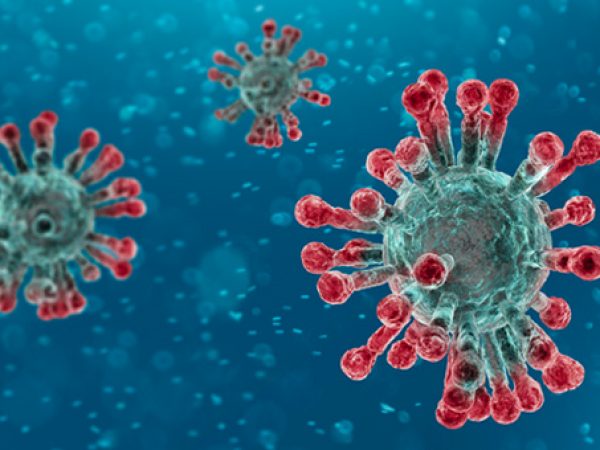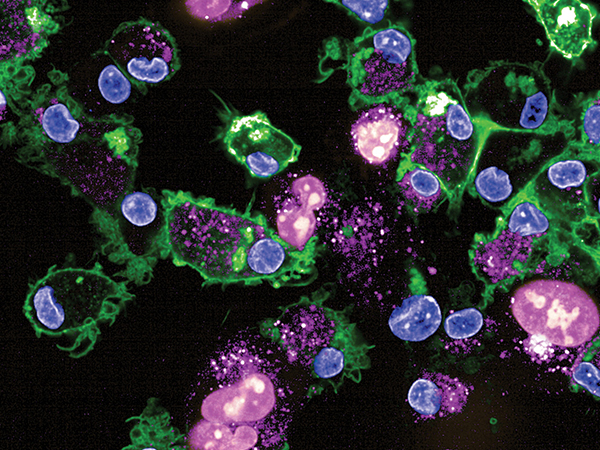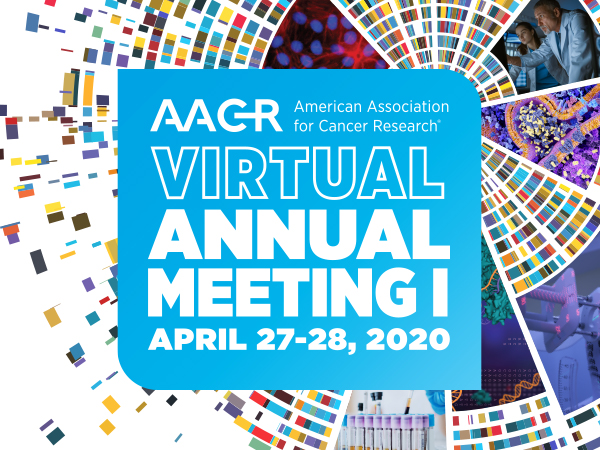ASCO-AACR Methods in Clinical Cancer Research Workshop Explores Best Practices in Clinical Trial Design
Clinical trials are a crucial part of the cancer research continuum, providing a testing ground for the safety and efficacy of cancer therapeutics. To ensure that clinical trials are run effectively, clinical and translational investigators must be trained to design and implement them. An important resource in this training is the annual ASCO-AACR Methods in Clinical Cancer Research Workshop, which began today and will continue through Thursday, July 29.
In an article published today in Clinical Cancer Research, a journal of the American Association for Cancer Research (AACR), Daniel D. Von Hoff, MD, a Fellow of the AACR Academy and a cofounder of the workshop, recalls the origins of the event and discusses how it has influenced the careers of thousands of investigators who have attended over the years.
In 1996, Von Hoff writes, the AACR and the American Society of Clinical Oncology (ASCO) worked together to seek National Cancer Institute funding for a workshop that would help ensure the successful design and implementation of clinical trials.
“The leadership of AACR, later joined by ASCO, felt that they had unique resources—expert investigators, teachers, and mentors—whom they could bring together to ensure that the next generation of clinical investigators received the best training possible,” Von Hoff writes.
In its first year, the workshop was held in Park City, Utah, then moved to Vail, Colorado. This year, the workshop will take place virtually due to the constraints of the COVID-19 pandemic. The workshop has inspired similar events all around the globe, contributing to the professional development of more than 4,000 investigators.
The goals of the workshop have remained consistent throughout its history: to provide training in the methods, design, and conduct of clinical trials; to ensure that clinical trials meet federal and international ethical guidelines; to evaluate the effectiveness of the workshop; and to create networking opportunities for young investigators with mentoring senior faculty.
Von Hoff’s Clinical Cancer Research article features survey results that indicate that participants have experienced superior publication history and stronger collaborations, and were able to conduct more robust clinical trials than colleagues who did not take part in the workshop. Importantly, approximately 80 percent of applicants who responded the survey had remained in patient-oriented clinical or translational research, ensuring a strong pipeline for the future of cancer clinical trials.
This year’s workshop features discussions on a wide range of topics pertaining to clinical trial design and conduct, including biomarker studies, imaging, and conducting clinical trials in the era of COVID-19. To learn more about the workshop, visit the website.



